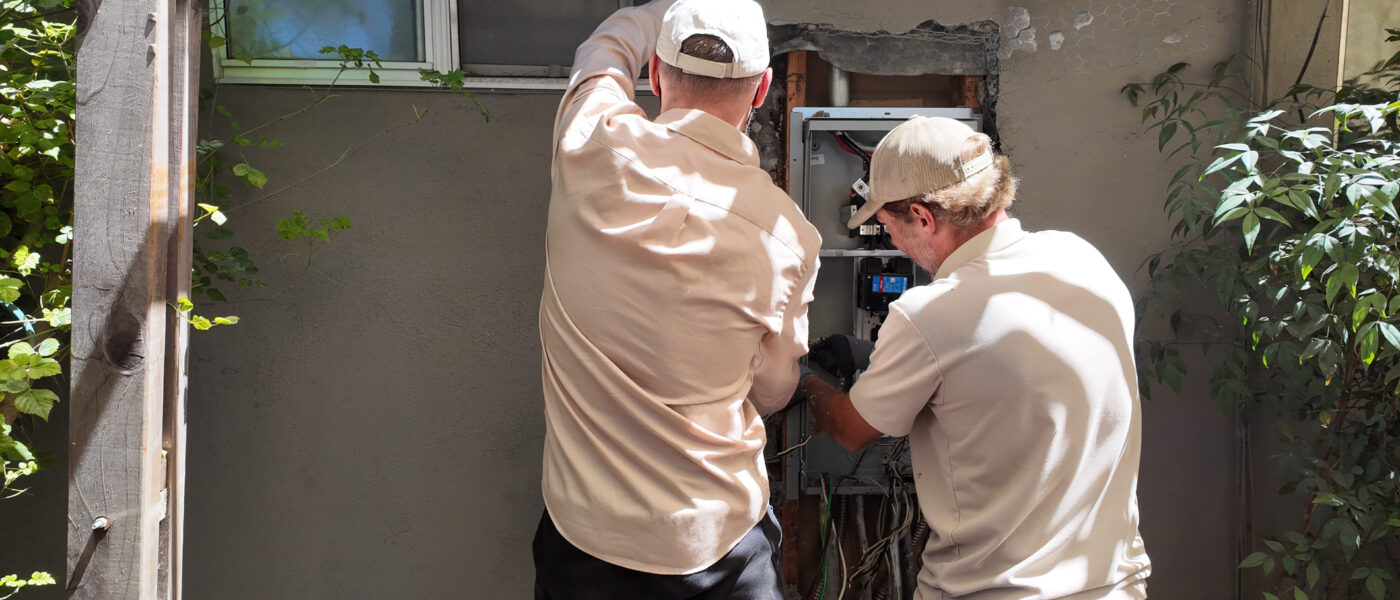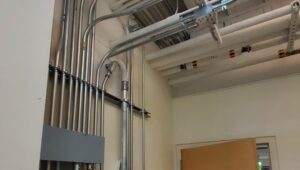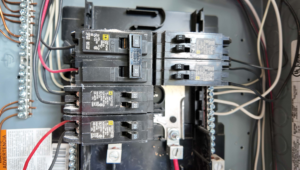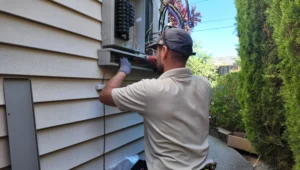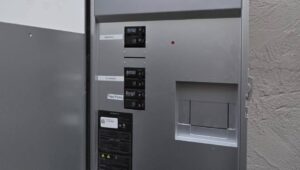Are you able to hear electricity? Do you think it’s a superpower? In a way, yes; however, strange sounds can be a common phenomenon or a sign of potential danger. In this article, we will explain what hearing electricity means. For now, let’s just say one thing: don’t ignore the sounds your socket or adapter makes.
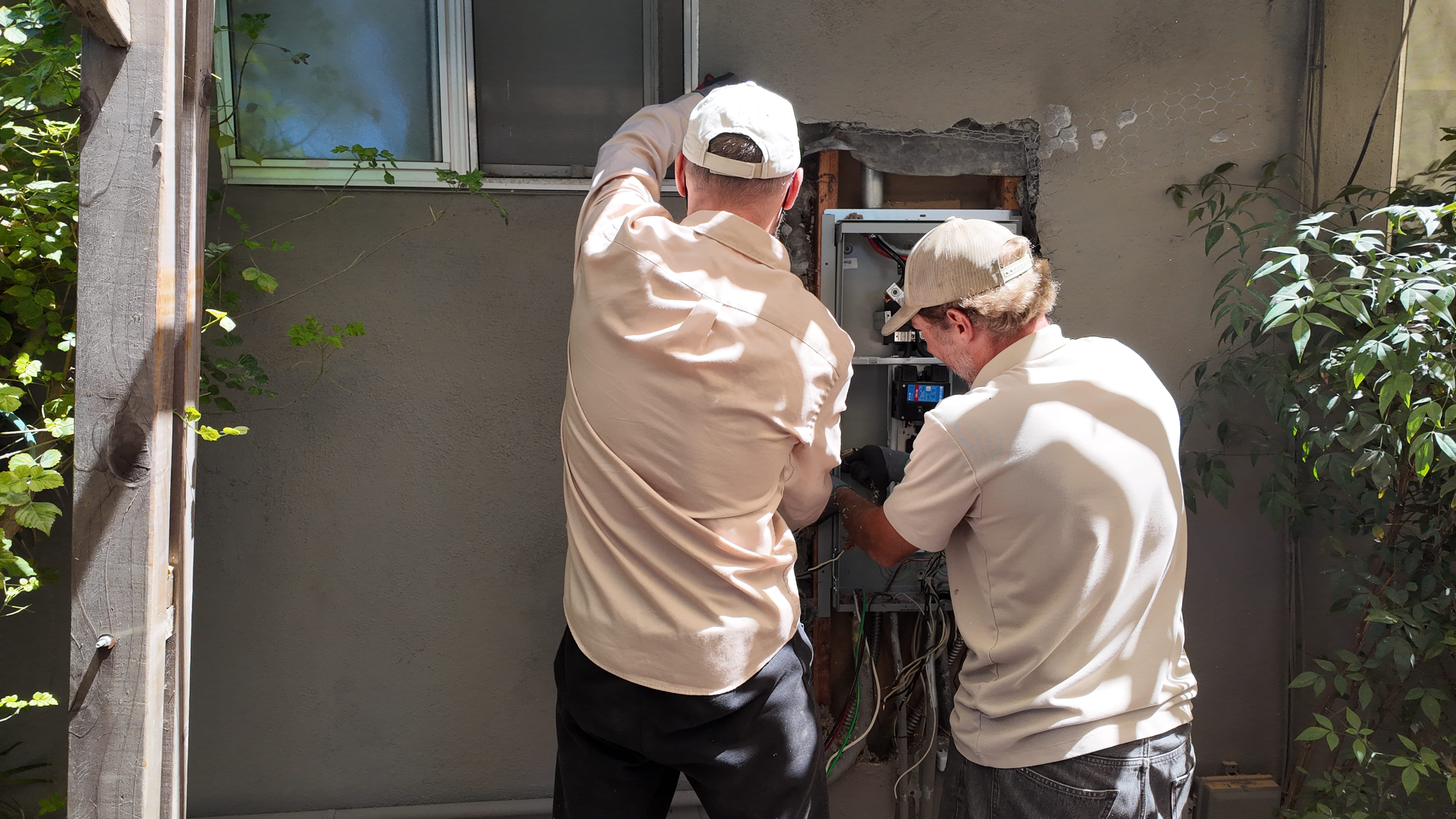
What Does Electricity Sound Like?
“Safety starts with inspection: wires and cables should be checked regularly for damage, overheating, or noise that could indicate a potential hazard.”—Tom O’Connor, safety and regulatory affairs manager for Intec, Electrical Contractor Magazine. And that’s absolutely true. A thorough system check can help to find out the reason for an electricity sound:
| Sound type | Possible cause |
| Buzzing | Commonly audible near transformers or old lamps |
| Humming | Can be the result of an overloaded mains supply |
| Crackling | Most often indicates damaged wires |
Everything we have listed and described in this table we call the sound of electricity.
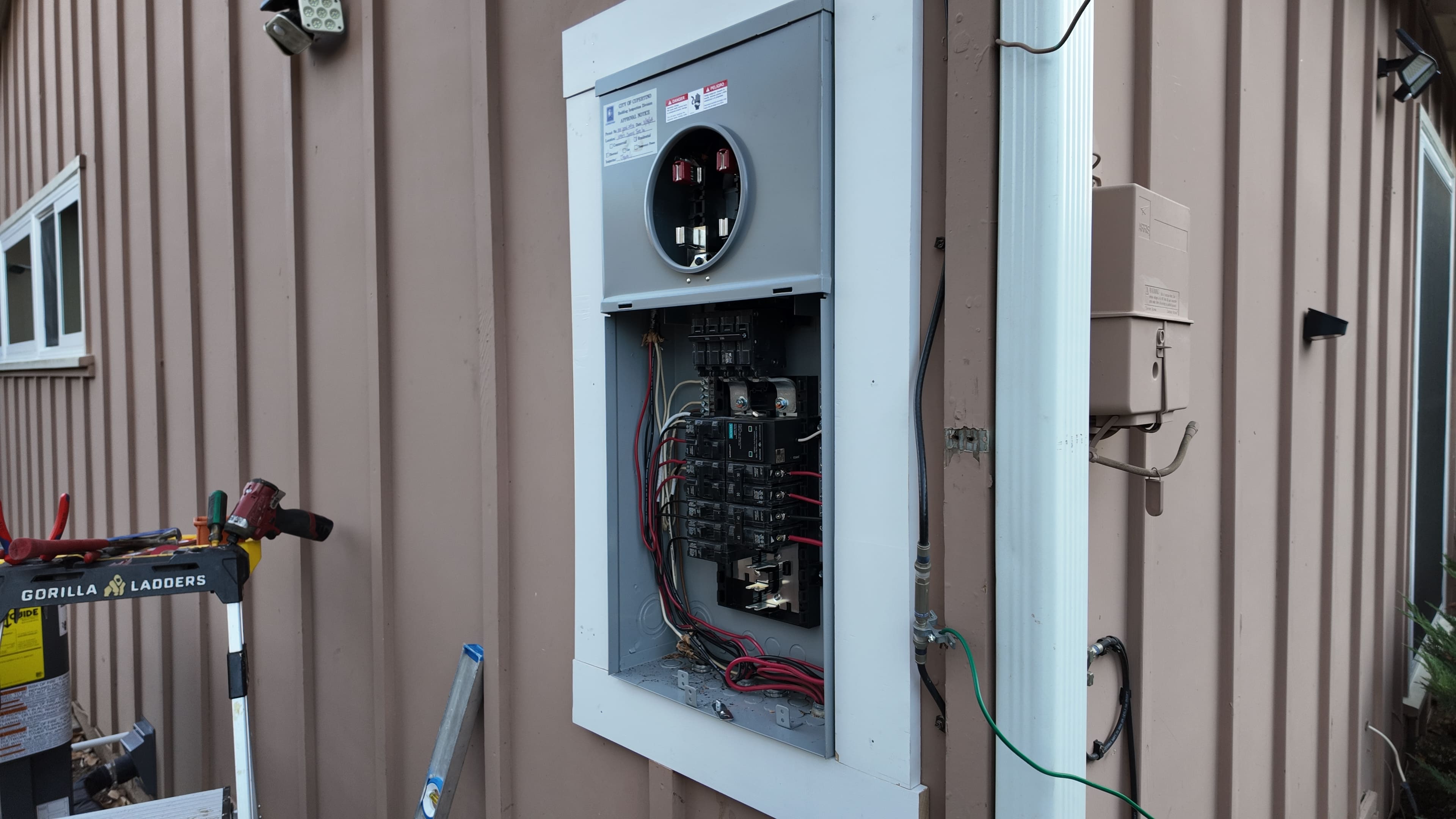
Is It Normal to Hear Electricity?
Is hearing electricity normal? Not always. You shouldn’t mostly hear this weird electricity noise, especially if your house isn’t so old. However, there are some exceptions:
- Incandescent light bulbs may make a faint humming noise.
- Some appliances make a noise when they are turned on. No worries; it’s a sound of electrical current.
However, if you hear electricity sounds all the time, it is something you should ignore.
Why Can I Hear Electricity?
If you are wondering something like “why can I hear electricity”, here are some possible causes:
- Worn wiring
- Faulty transformers
- Old or overloaded outlets
- Grounding problems
Can you hear electricity? Cool! This is a very useful skill to protect your home in advance. Take heed of the electricity sound around you, especially in quiet rooms, to prevent future electrical problems and to know exactly when professional electrical maintenance is needed.
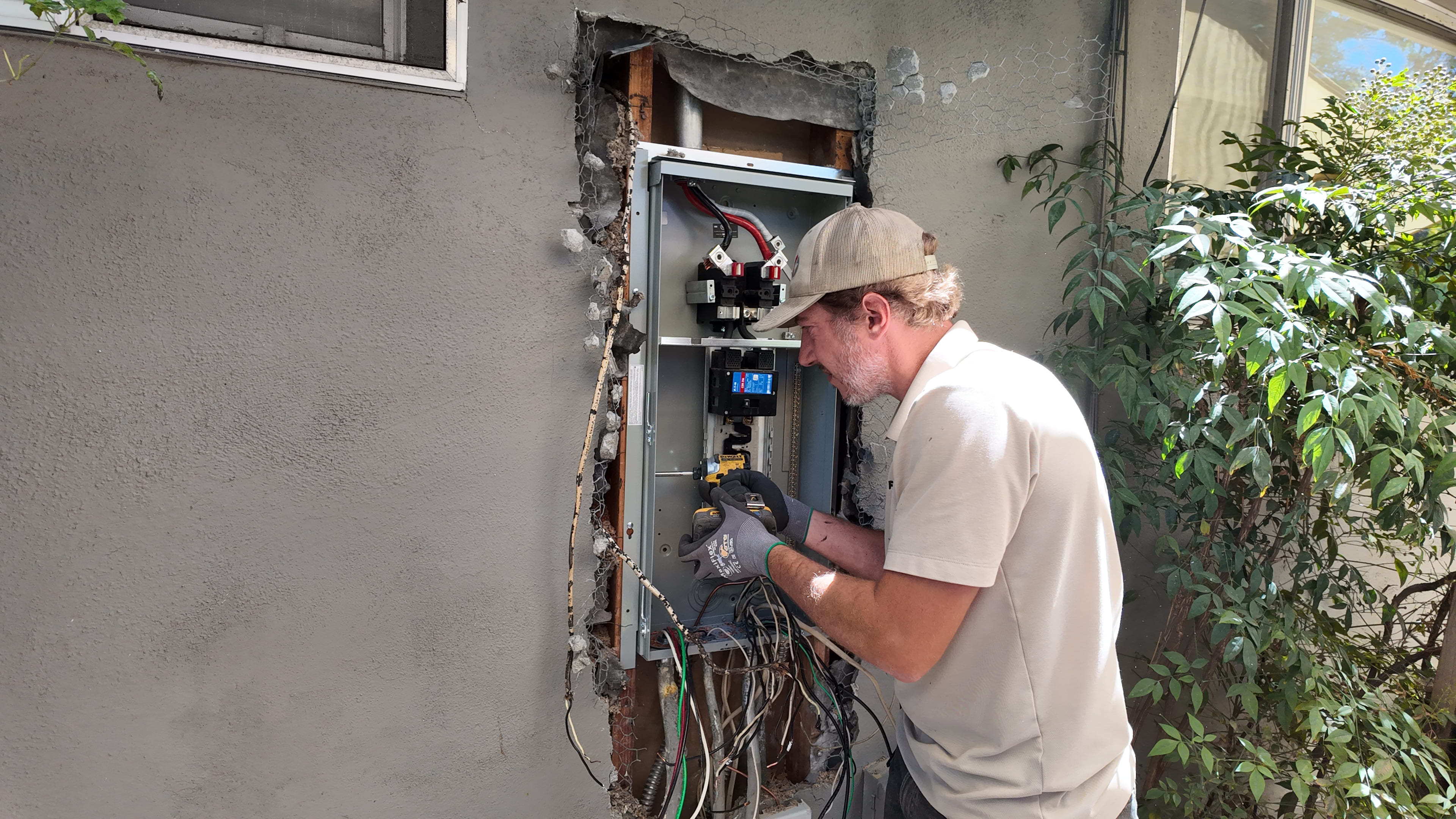
How to Identify the Source of the Sound
Is it possible to hear electricity in your house?
1. Walk around the house. Listen to outlets and switches.
2. Pay attention to lighting; light bulbs may be the source.
3. Unplug the appliances and check if the sounds are gone?
A small test: what do I do if I can hear electricity in my house and can’t find the source? The right answer is this one: I immediately contact a contractor who can update my wiring in San Jose.
Potential Risks of Ignoring Electrical Sounds
Ignoring electrical sounds is dangerous. We cannot list all the risks, but here are just a few of them:
- Fire: sparking can lead to fire.
- Electrocution: mostly appears when you come into contact with faulty equipment.
- Damaged appliances: persistent power surges can destroy your devices.
Don’t forget that hearing any noises from electrical equipment on a regular basis speaks of a dangerous malfunction.
What to Do If You Hear Electrical Noises
If you hear electricity sounds, take action: first, turn off electrical appliances immediately. Important: don’t touch the wires yourself. Just call for electric repair near you and wait.
And we just know who to call! Us! Fuse Service is your best electrical contractor in CA!
